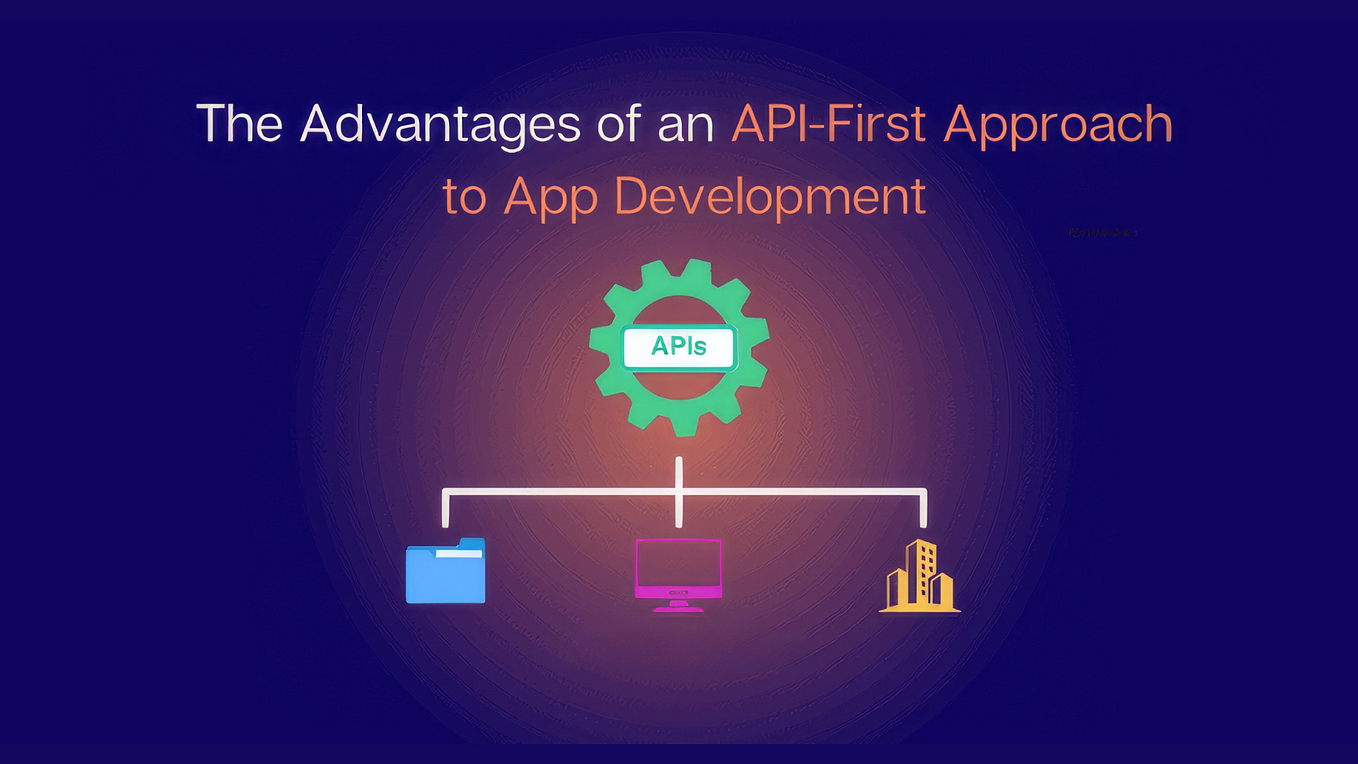Analyzing the AI Titans
Google Gemini vs ChatGPT: The Ultimate Battle for AI Conversational Dominance
As curiosity piques over Google Gemini, the burning question everyone’s asking is — could this be the ChatGPT killer? We’ll delve deep into the different aspects of this intriguing development, comparing the two and providing insights about its impacts on the future of AI communication. Read on as we put the two giants head-to-head in the following sections:
Table of Contents
- 1. Introduction to Google Gemini
- 2. What Is Google Gemini?
- 3. Key Features of Google Gemini
- 4. Google Gemini vs ChatGPT: A Detailed Comparison
- 5. Potential impacts of Google Gemini on AI Communication
- 6. Wrapping Up: Is Google Gemini the ChatGPT Killer?
- 7. A Personal Reflection from Jason
Introduction to Google Gemini
For years, ChatGPT, the brainchild of OpenAI, has targeted to change the landscape of communication through its advanced natural language processing capabilities. Its robustness comes from the power of GPT-3.5 and even GPT-4. However, on the horizon is Google’s newest AI chatbot — Gemini. This chatbot emerges strongly, specially with the new Gemini Ultra 1.0 putting it directly in competition with GPT-4.
What Is Google Gemini?
In the world of artificial intelligence, advancements and upgrades are never-ending. Gemini has been evolving and comes in three different sizes — Gemini Pro, Gemini Ultra, and Gemini Nano. But where it gains substance is through its capabilities integrated into Google’s search engine and Google Workspace apps, as well as the ability to retrieve simple answers akin to smart assistants.
Key Features of Google Gemini
When it comes to pricing, both companies try to maintain a level of parity, presenting a similar range of options for free and paid chatbot access, API access, and developer pricing. This means the decision for businesses and developers often boils down to other aspects such as features, adaptability, and performance.
Potential impacts of Google Gemini on AI Communication
The comparison between ChatGPT-4 and Gemini comes out interesting in tests. They both perform similarly, but there’s a slight edge for ChatGPT-4, especially when it comes to providing greater context in the responses and its enriched functionalities. However, the gap between the two is narrowing, signaling that the competition is far from over.
Google Gemini vs ChatGPT: A Detailed Comparison
Gemini’s potential impact on AI communications could be astounding. Pushing past the limitations of traditional chatbots, it promises a more efficient and versatile conversation-handling ability. Armed with the power of Google’s Bard GenAI model, which itself is a rebranded gem, the chatbot is well-primed for a range of applications, from customer service to assisting professionals in various fields.
So, is Google’s Gemini a ChatGPT killer? Well, it’s rather early to predict that. Both stand firm with their exceptional capabilities, and both continue to evolve with the rapid advancements in the AI space. However, one can’t deny the incredible potential of Gemini to challenge the dominance of ChatGPT in the near future. As it stands, the AI chatbot industry is set for an exciting and competitive era up ahead.
Wrapping Up: Is Google Gemini the ChatGPT Killer?
In light of this development, it becomes evident that both Google’s Gemini and ChatGPT are emerging as fierce contenders in the realm of AI chatbots. Google’s Gemini, with its series of advanced versions, has shown significant promise and is gradually narrowing the gap with ChatGPT-4 by enhancing its functionalities. On the other hand, ChatGPT maintains its superior edge owing to its potential for greater context in responses.
Interestingly, both models offer a blend of free and paid access, appealing to a wide range of user preferences and requirements. As industry leaders, Google and OpenAI are relentlessly improving their AI models — ChatGPT and Gemini, respectively. This pushes the boundaries of what’s possible and brings us closer to a future where intelligent and conversational AI will become an indispensable tool in various professions.
While the ultimate ‘winner’ between ChatGPT and Google’s Gemini remains to be seen, one thing is certain in this dynamic AI landscape, the end-user stands to benefit the most from these developments and advancements. And as the lines between human and bot interactions blur further, the debate over the ‘best chatbot’ will no doubt continue to evolve.
A Personal Reflection From Jason
Reflecting on the situation, I feel a sense of awe and fascination as I browse through the depths of this groundbreaking technology. The advancements we see in AI, especially in chatbot technology like ChatGPT and Google’s Gemini, surpass anything we might have imagined years ago. The intense competition between these two giants, OpenAI and Google, results in creative innovation, pushing the boundaries and delivering important technological leaps and bounds. I’m excited for the future as these AI models continue to evolve, not just in their conversational abilities, but also in their problem-solving features and the ability to comprehend and respond to complex situations.
Moreover, what moves me is the transformative impact these technologies can have on industries and individuals across the globe. It’s not just the technical brilliance, but the potential for meaningful use cases, from enhancing customer service experiences to providing personalized learning opportunities, chatbots could fundamentally reshape our digital interactions. The ‘winner’ in this AI race is not a sole machine or corporation but humanity and the society at large.
However, amid this rapid progression, I also reflect on the need for robust ethical considerations. As these bot interactions reach near-human levels, I believe it becomes even more vital to ensure they are developed and deployed with meticulous care to avoid misuse. Maintaining transparency, respect for privacy, and the prevention of AI bias should be at the forefront of further AI developments.
6 min readFeb 21, 2024
—
2 min read2 days ago
—
This post was originally published on 3rd party site mentioned in the title of this site










